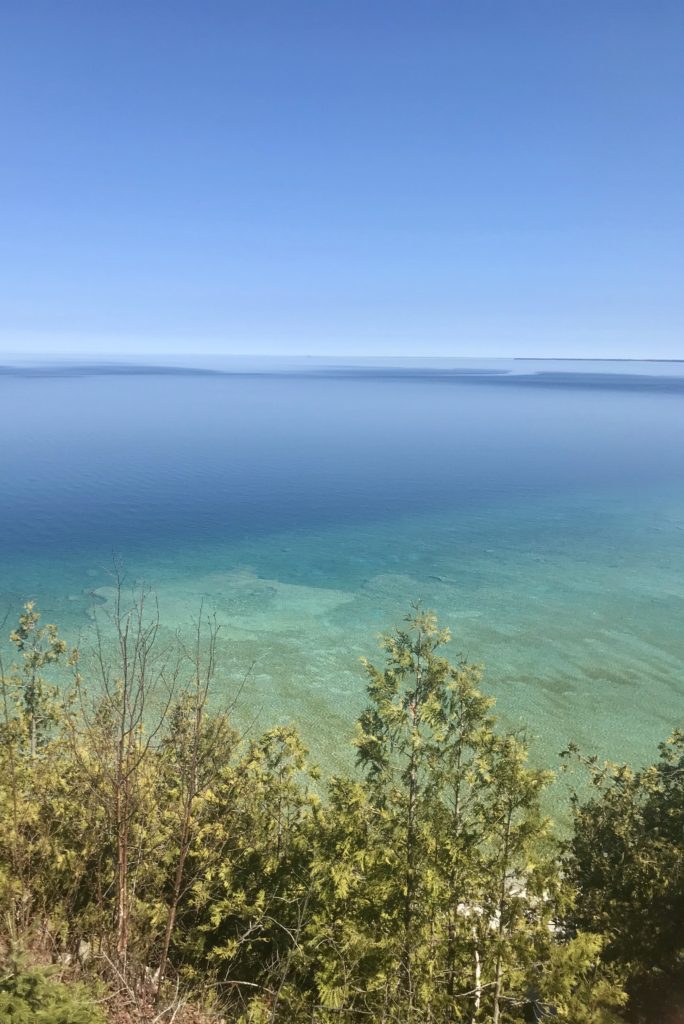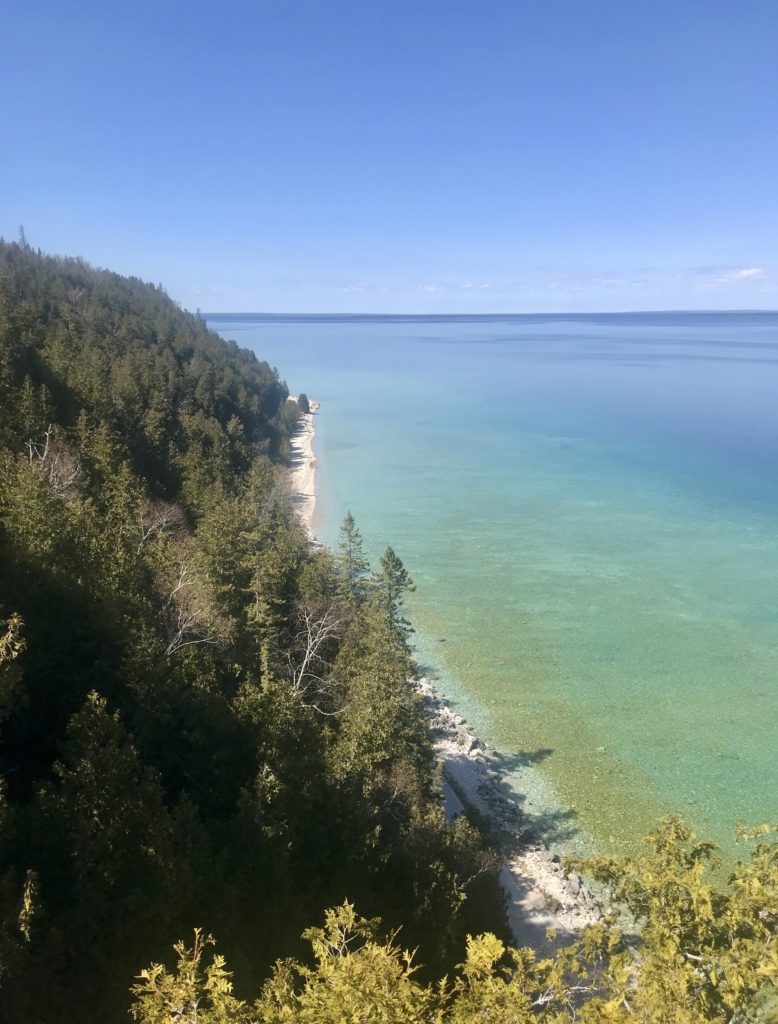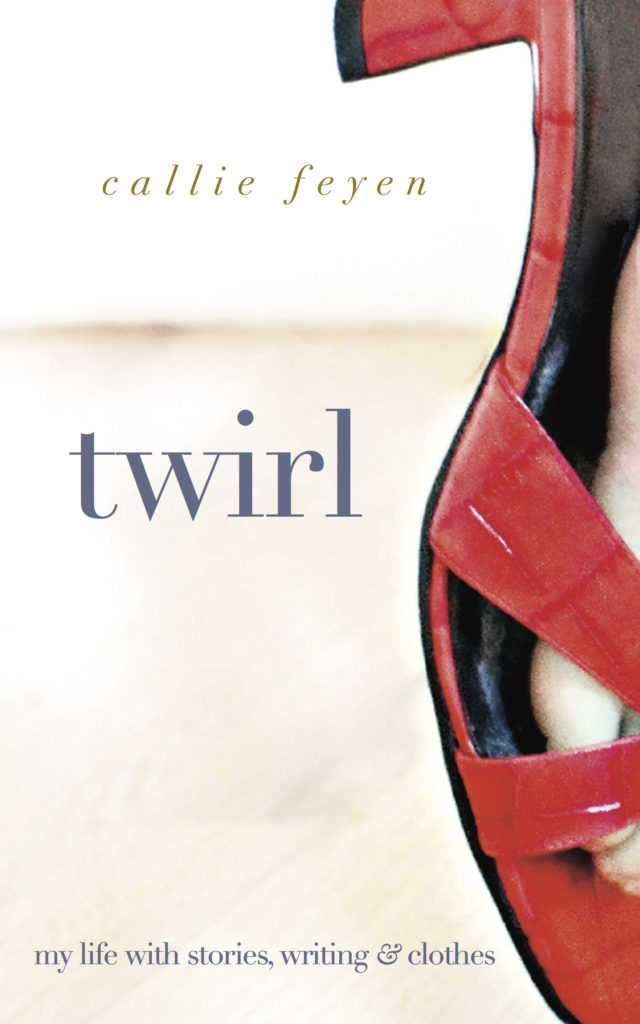Over beers with friends on a Friday evening, the topic of writing came up. I’m sure I brought it up, as it is mostly what I think about. I try to keep it under control – keep it from seeping out – especially around friends and family, but I was sitting next to a friend who has a family member who is a writer, and like a flu that comes on so fast and so strong, I erupted with questions, particularly, the worst one – the one about success. How did it happen? What specifically did he do that made him as successful as he is?
She told me he failed for a long time. “He failed, and he failed, and he failed,” she said. “And then,” she continued lifting her beer in the air as a toast, “he wrote himself.”
I nodded, and it was quiet for a minute, and then she added, “He’s different now.” She continued to explain, but I knew what she meant. I don’t want to say that we are guarded, or disingenuous, it’s just that there’s only so much of ourselves we can give away, and more times than not, we give it away on the page.
We’d been to Mackinaw Island recently, and that weekend we took a horse tour around the island. We rode past the school – there’s just the one – a building where I’m certain every window faces water. It’s a K-12 school with 80 students total.
“This is my dream school,” I said to Jesse, ripping off a hunk of fudge while he held the white box out for me.
He laughed. “You’re supposed to use the knife to cut it, and you are so confusing – it’s either big cities or microscopic towns with you.”
“Maybe it’s both,” I said, making a face. “Fudge is so nasty. I don’t know why everyone loses their mind over it.”
Jesse laughed again. “You wouldn’t last two seconds here.”
I learned that Mackinaw Island is called an island of lost souls because of a significant amount of fighting over who should live on the land and probably more, who should not. Those that fought and died, still wander the island because this is their home, or perhaps more accurately, they want to be at home here.
How hard it must be to be a home with all that fighting and struggle. How hard for a soul not to settle because it feels homeless.
Harper and I are listening to jazz at a church picnic. The group is playing a song by Louis Armstrong. It has something to do with barbecue, and like every great jazz group, each member takes a turn riffing for a few minutes while the rest carry the melody. I love this part, when the song is still the song, but it’s heard differently – a new layer here, a new sound there.
“Was Louis Armstrong a narcissist?” Harper asks me. She takes a bite of her barbecue sandwich and chews, waiting for me to answer, while I’m trying to figure out why she knows that word, and how in the world she applied it to Louis Armstrong.
“I think all artists, when they have an idea that consumes them, know that they have to have an incredible amount of trust in themselves to bring that idea to life.”
Harper nodded, took another bite of her sandwich, and watched the singer, who also plays the clarinet. She is wearing a long, orange dress that flows like a soft wave every time she moves. Right now, she is neither singing or playing. She is dancing and the movement is equally confident and sporadic – like her body did it before her brain sent the message, but her soul was so in control it didn’t matter. She is at home; somewhere else.
It begins to rain, and Harper thinks it’s because God is crying. “He misses Louis Armstrong,” she says.
“Nah,” I say. “I think Louis is up there with him.”
Harper finishes her sandwich and watches the band.
I think about what I said to Harper, and I wonder if Louis is talking to God. I wonder, as I shift from side to side with the music, in part to keep me steady, in part because I am getting swept away, if what is said is a sort of plea: “Here’s what you gave me. Here’s what I did with it.”
“This book is about more than clothes and stories; it’s about becoming, about learning, about changing your mind, about taking risks. Through beautiful prose and engaging narrative, Callie walks us through a life, a wardrobe, and so much more. At the end of the book, I found myself viewing my clothes in a whole new light, feeling extra appreciative of every good teacher I’ve had, and wanting to sit down and write some of my own stories out on paper, as Callie has so thoughtfully modeled for us in Twirl.” -Ashlee Gadd, The Magic of Motherhood; Coffee+Crumbs





Great essay, Callie. This was my favorite line:
“I don’t want to say that we are guarded, or disingenuous, it’s just that there’s only so much of ourselves we can give away, and more times than not, we give it away on the page.”